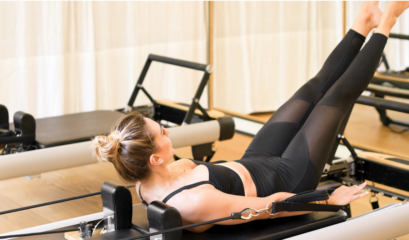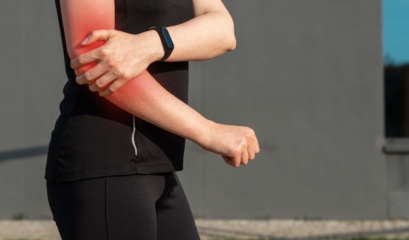‘Can I avoid surgery on my arthritic knee? If so, how?’
Is pain in your knee waking you at night? Are you unable to walk up or down stairs without pain? Have you had to modify your lifestyle and activities?
If you answered yes to any of those questions, you are not alone. Osteoarthritis affects many Australians, and is a significant public health problem. In particular Knee Osteoarthritis is estimated that by 2032, it will affect 3 million Australians.
What is Knee Osteoarthritis (OA)?
Osteoarthritis is the most common cause of pain and disability in the knee joint. The knee joint is formed by, the end of the thigh bone (femur) and shin bone (tibia) which are covered in smooth articular cartilage. Between the two bones sits a second type of cartilage, called the menisci, which act as shock absorber pads in your knee. Joint fluid also adds lubrication to the knee. Osteoarthritis (OA) is a general wear and tear process and starts with a gradual loss of this surface cartilage which over time results in areas of exposed bone (bone on bone) and the loss of the lubricating fluid. With knee OA there will be always be associated joint stiffness and muscle weakness of the quadriceps, hamstrings and hip abductor muscles.
What are the symptoms of Knee Osteoarthritis?
Symptoms vary from person to person but typically include some of the below.
- Knee pain
- Stiffness and/or pain after rest
- Morning stiffness lasting more than 30 minutes
- Occasional swelling, local inflammation, hot/warm joint
- Crepitus (“crunchy”sounding joint)
- Loss of muscle strength
- Loss of range of movement
- Increasing difficulty with physical function
What are the non-surgical treatment options?
It’s important to understand that you cannot reverse knee OA once it is present in a joint. What you can do, however, is decrease the symptoms that you feel from OA and slow down its progression.
Treatment differs depending on the severity of the disease but all stages of knee OA can be treated effectively with physiotherapy. Specialised physiotherapy techniques which include joint mobilisation, quadriceps, hamstrings and hip strengthening exercises as well as muscle stretching will improve the condition.
At Benchmark Physiotherapy we have developed a comprehensive knee osteoarthritis management program which has been designed around the latest research and in consultation with orthopaedic surgeons. This program will reduce your pain, improve your quality of life and even prevent or delay the need for knee replacement surgery.
For more information contact your nearest Benchmark Physiotherapy clinic and make an appointment to discuss your treatment options or find out more about our services at www.benchmarkphysio.com.au









